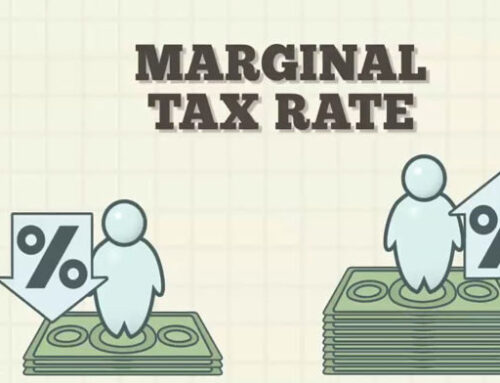Tax Reviews: A Balance of Simplicity and Seriousness
Canadian Tax Review can range from straightforward to more intricate, depending on the information you provide and the details you need to know. If the Canada Revenue Agency (CRA) selects your tax return for review, you might be asked to provide additional documents and respond to a series of inquiries.

Understanding the Canadian Tax Review Process
After the tax filing season, it is not uncommon for the Canada Revenue Agency (CRA) to select tax returns for review. If you receive a notice from the CRA stating that your taxes are being reviewed, it can be an unsettling experience, particularly if you are required to provide requested documents within a specific timeframe. However, there is no need to worry. Take the opportunity to familiarize yourself with the essential information about the Canadian tax review process if you have been chosen for a review.
Important Distinction: Tax Review vs. Tax Audit
It is crucial to understand that a tax review is different from a tax audit. While an audit involves a thorough examination of a taxpayer’s history by the Canada Revenue Agency (CRA), potentially spanning multiple years of tax returns, a tax review is a less extensive and more surface-level scrutiny of the information provided in a tax return. It is a routine procedure that requires additional documentation from the taxpayer. Complying with the CRA’s requirements and satisfying their demands during a tax review reduces the likelihood of being audited in the future.
The Purpose of a Tax Review
The CRA selects accounts for review based on various factors, including claimed credits, deductions, the taxpayer’s history with the CRA, and other considerations. Tax reviews may be triggered by errors or discrepancies identified by the CRA. In addition, some individuals are randomly chosen for compliance reviews. The objective of such reviews, according to the Canadian government, is to “ensure that amounts are reported accurately and that they are adequately supported.” It is important to note that undergoing a tax review does not necessarily imply wrongdoing on the taxpayer’s part. It is primarily a fact-checking process rather than an indication of culpability.
Understanding the Different Types of Reviews
The tax review process consists of four main stages, each serving a specific purpose:
- Pre-Assessment Review: This stage occurs shortly after you submit your tax return but before you receive your Notice of Assessment (NOA) or any refund. During this review, the CRA carefully examines the information provided to ensure there are no obvious discrepancies. In certain cases, you may be required to submit supporting documentation to validate specific credits or deductions.
- Processing Review: This stage takes place after your return has been assessed, and you have received your NOA. The CRA may request additional information such as tuition receipts, medical expenses, or details regarding home office expense claims. As tax returns are typically filed without submitting supporting documents, it is common for the CRA to request documents when there are significant changes compared to previous years. If you have substantial claims for expenses like medical costs, moving expenses, or charitable donations, be prepared to provide the requested information to the tax center that issued the request.
- Matching Review: During this stage, the CRA ensures that the information provided by the taxpayer aligns with data obtained from third parties. For instance, they cross-verify employment income and deductions to ensure they correspond with the amounts reported on the T4 Statement of Remuneration submitted to the CRA by the employer.
- Special Assessments Review: In this stage, the CRA conducts a more detailed examination of income tax returns in areas identified as potentially problematic. Any requests for additional information are promptly sent to the taxpayer. It’s important to note that a tax preparer, authorized to act on behalf of the taxpayer, may be involved in this process.
Being aware of these different review stages can help you understand the process and be prepared to provide the necessary documentation and information as requested by the CRA.

Promptly Addressing Requested Documentation
It is crucial not to overlook or disregard the requests from the CRA. Failing to respond by the specified deadline stated in the letter will likely result in a reassessment, and your claim for the particular credit or deduction may be denied. If you require additional time to gather the necessary documents, it is advisable to request an extension to ensure you can submit the requested information within the given timeframe. By promptly addressing these requests, you can maintain the integrity of your tax filing and avoid any potential issues or complications.
Recent Posts
FAQ
Is it necessary to hire an agent?
Yes, hiring an agent is advisable, but it is important to verify their legitimacy. If the CRA detects any irregularities, there is a possibility of being audited. To minimize risks, it is best to take the safest approach by working with a trustworthy agent. Additionally, make sure to keep copies of all documents for your records. It is also recommended to inform the person or tax center at the CRA that you have responded to their document request and maintain communication with them, even after the issue is resolved.



